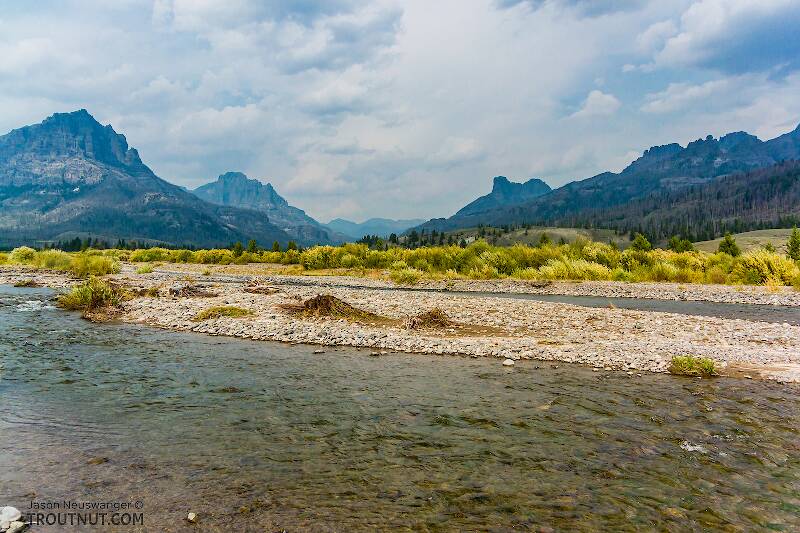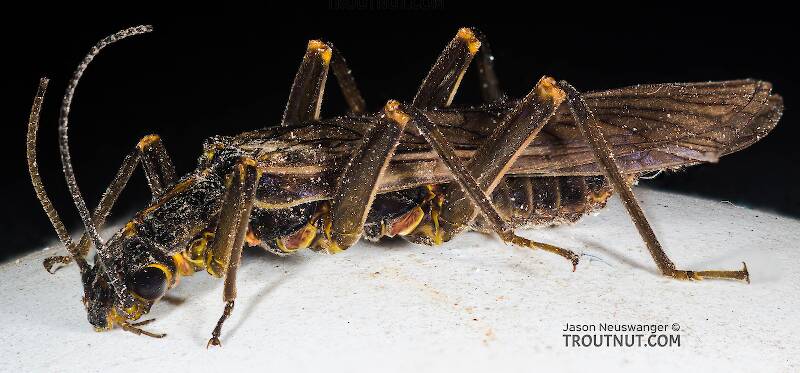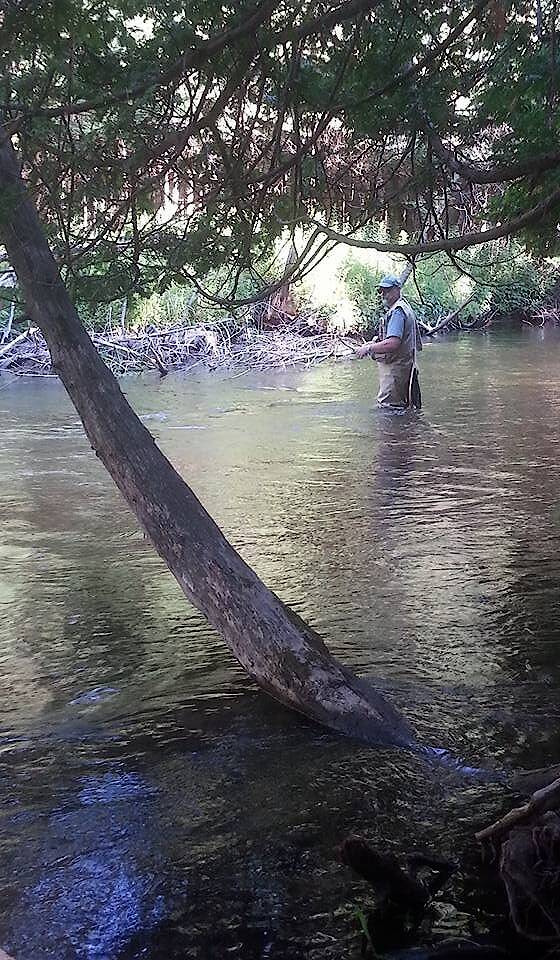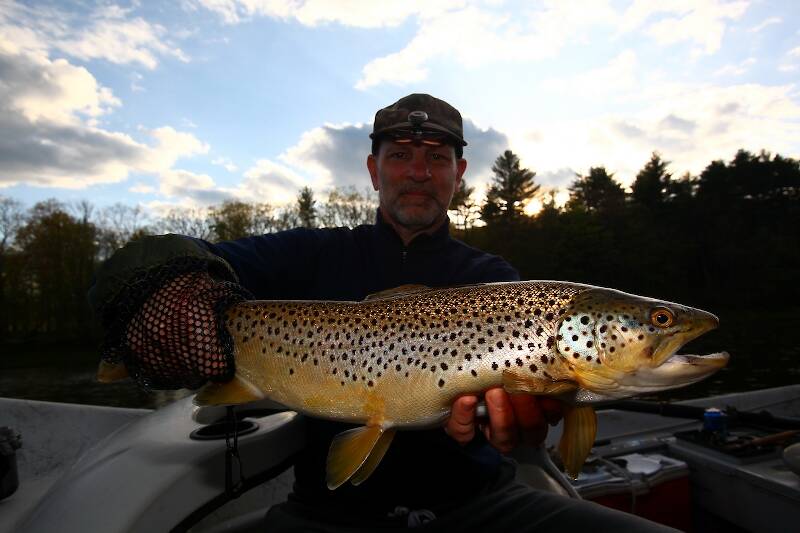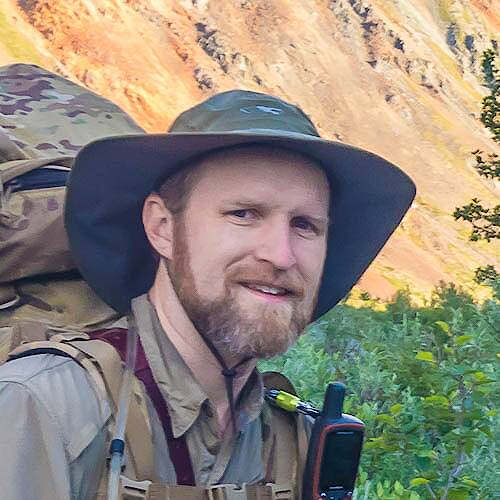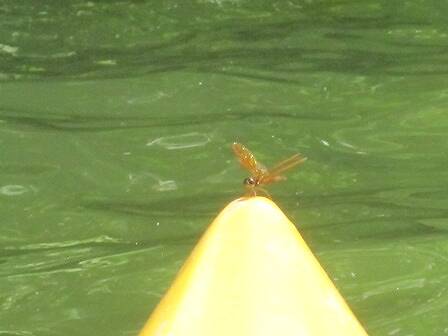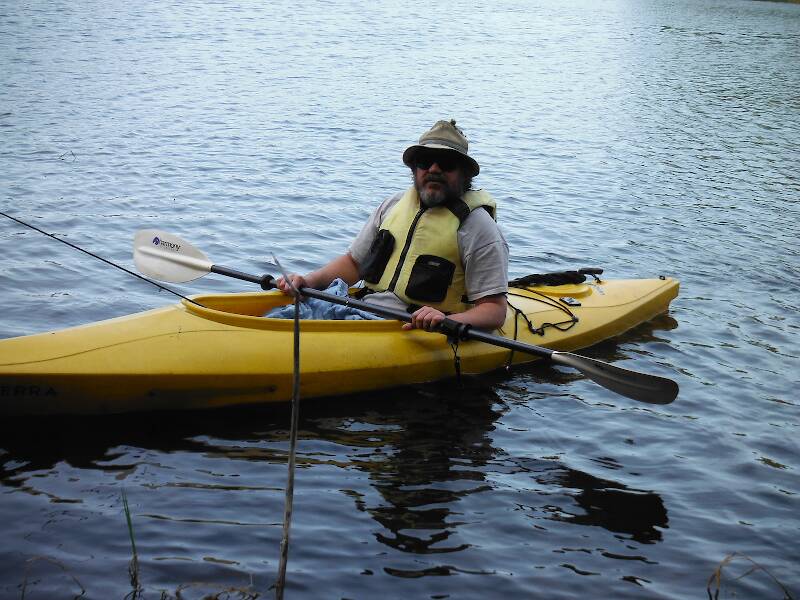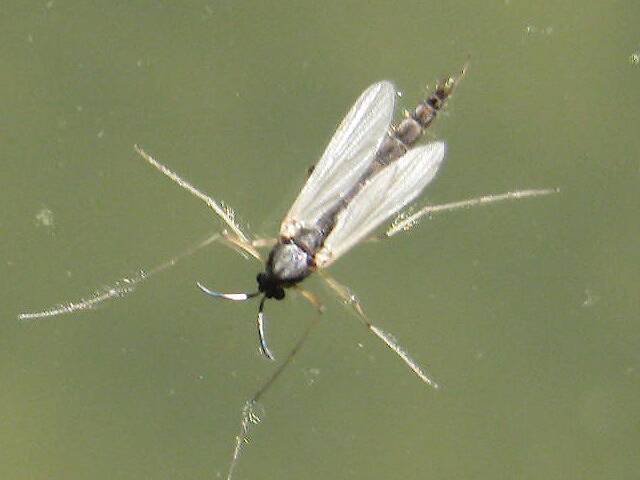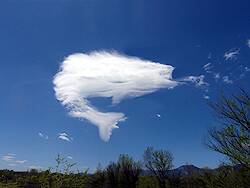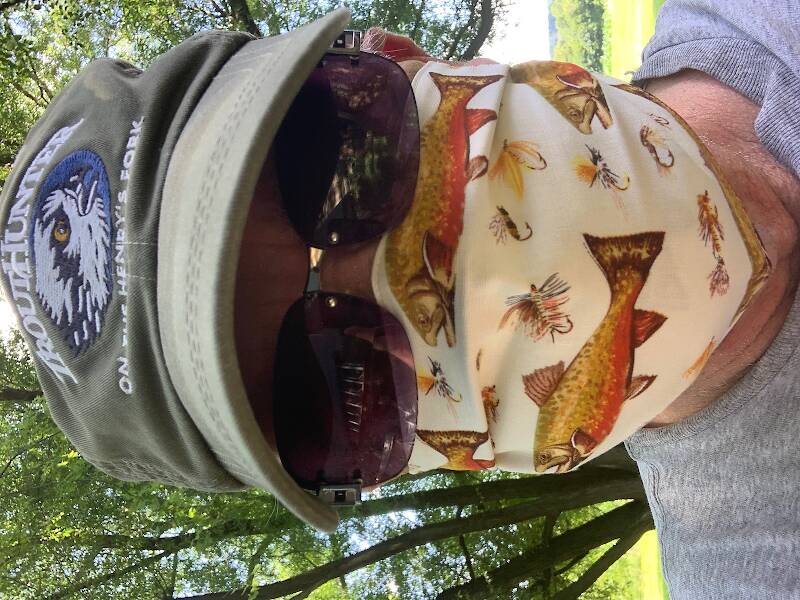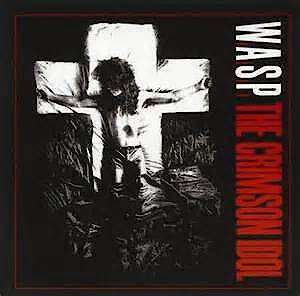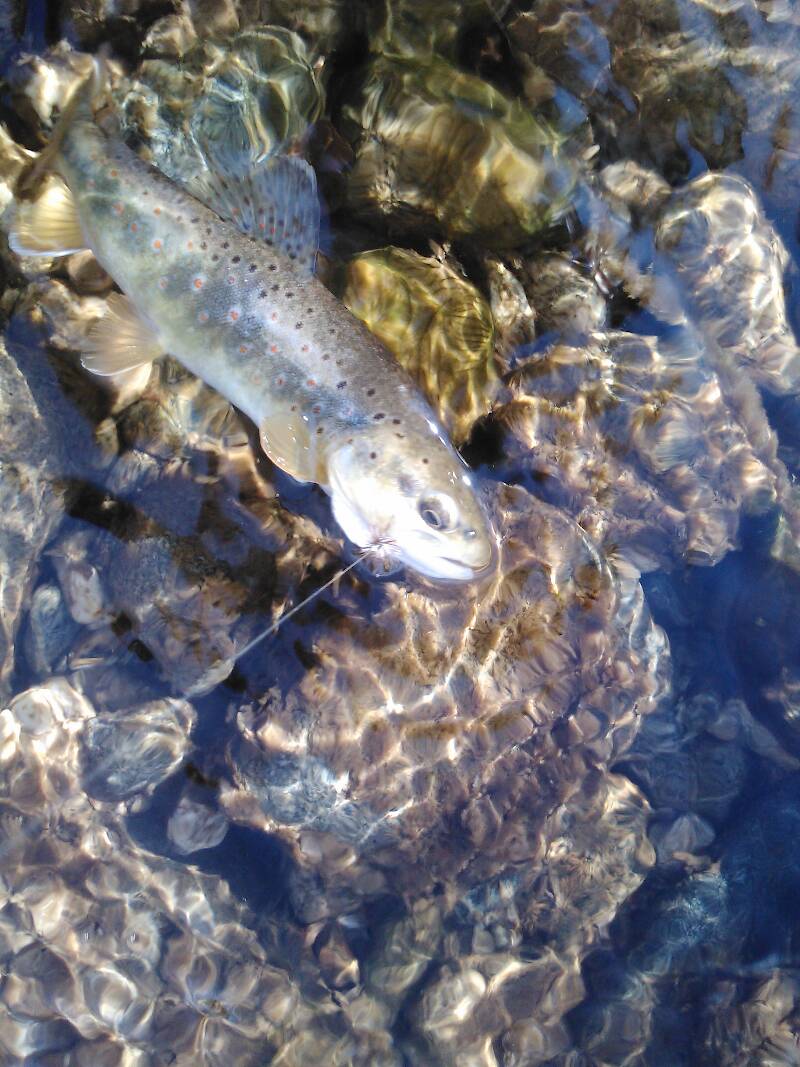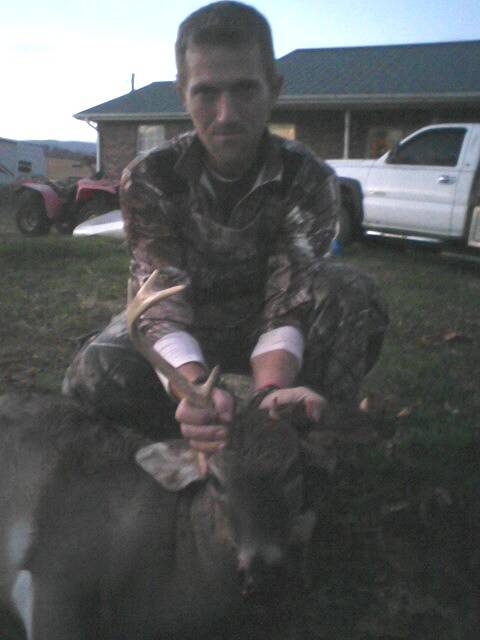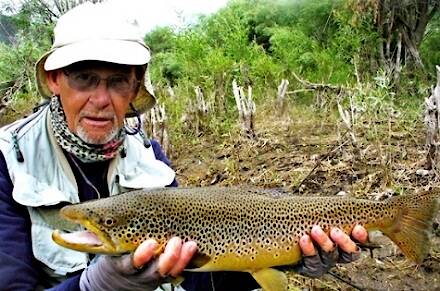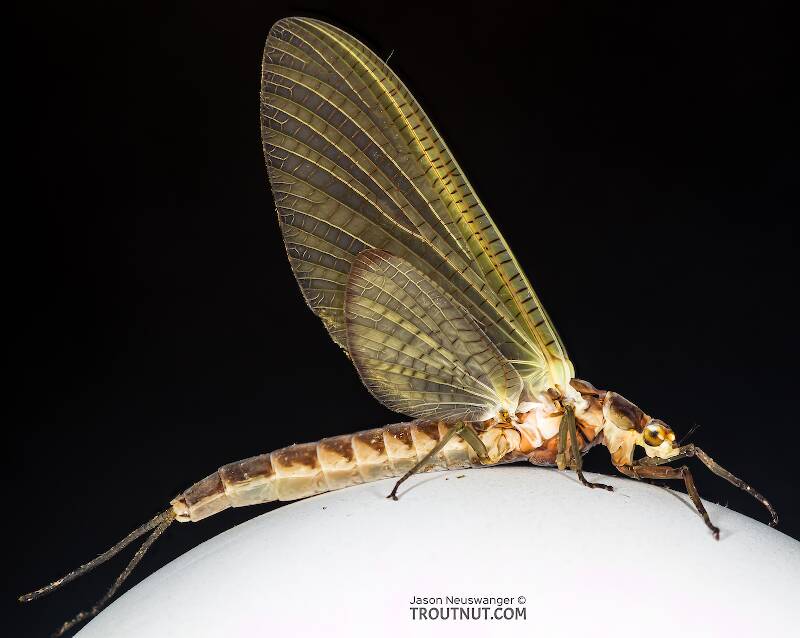
Hex Mayflies
Hexagenia limbata
The famous nocturnal Hex hatch of the Midwest (and a few other lucky locations) stirs to the surface mythically large brown trout that only touch streamers for the rest of the year.
Featured on the forum

Troutnut is a project started in 2003 by salmonid ecologist Jason "Troutnut" Neuswanger to help anglers and
fly tyers unabashedly embrace the entomological side of the sport. Learn more about Troutnut or
support the project for an enhanced experience here.
By Troutnut on February 13th, 2017, 4:53 am EST
I was contacted recently by a site called Epic Wilderness with a simple but interesting question for an article they're putting together: What are the 3 most important things you wish you knew when you started fly fishing? I skipped some of the fundamentals I wish I'd known, and instead I gave some tips related to how my scientific research on salmonid feeding behavior has improved my understanding of fly fishing.
You can read my responses and those of 45 other fly fishing writers, fly shop owners/guides, and others were compiled into the Epic Wilderness Fly Fishing Tips Expert Roundup. The site did a nice job putting them together.
I'm curious to see how the other members of the Troutnut forum would have answered that question. What would be the top three things you wish you had learned earlier?
You can read my responses and those of 45 other fly fishing writers, fly shop owners/guides, and others were compiled into the Epic Wilderness Fly Fishing Tips Expert Roundup. The site did a nice job putting them together.
I'm curious to see how the other members of the Troutnut forum would have answered that question. What would be the top three things you wish you had learned earlier?
Comments / replies
Roguerat on Feb 13, 2017February 13th, 2017, 5:20 am EST
Jason-
the 3 things I wish I'd learned earlier are 1) how to mend line better, 2) how to 'read' water better, and 3) fishing streamers which I still don't do well or often
Roguerat
the 3 things I wish I'd learned earlier are 1) how to mend line better, 2) how to 'read' water better, and 3) fishing streamers which I still don't do well or often
Roguerat
Martinlf on Feb 13, 2017February 13th, 2017, 2:52 pm EST
1) How to cast more accurately at all distances
2) How to get the appropriate slack near the fly for a drag free drift
3) How to determine the best fly for the circumstances
Not that I've learned them yet.
And thanks for this thread. I started reading the experts answers and really enjoyed what I saw.
2) How to get the appropriate slack near the fly for a drag free drift
3) How to determine the best fly for the circumstances
Not that I've learned them yet.
And thanks for this thread. I started reading the experts answers and really enjoyed what I saw.
"He spread them a yard and a half. 'And every one that got away is this big.'"
--Fred Chappell
--Fred Chappell
Troutnut on Feb 13, 2017February 13th, 2017, 3:51 pm EST
Heh, Louis, that's quite a list... you might have picked the top three things nobody has really learned yet as well as they'd like to.
Jason Neuswanger, Ph.D.
Troutnut and salmonid ecologist
Troutnut and salmonid ecologist
LBrain on Feb 13, 2017February 13th, 2017, 6:30 pm EST
1) That slapping that fly on the water scares fish away.
2) Entomology
3) Size really matters
I've learned so much from this site over the past year+. An invaluable resource for learning about bugs.
just read the link - good stuff
2) Entomology
3) Size really matters
I've learned so much from this site over the past year+. An invaluable resource for learning about bugs.
just read the link - good stuff
Brain
Jmd123 on Feb 13, 2017February 13th, 2017, 11:01 pm EST
1) Slowing down your casting rhythm as you let out more line keeps you from getting a pile-up by letting your line stretch out (watched my buddy Joe make this mistake a couple of years ago);
2) Only take what you need, everything beyond that is just a burden, including extra boxes of flies that you never use (i.e., cram them into fewer boxes and leave the ones you never use home);
3) Presentation can trump imitation, at least on occasion.
I'm sure there's more but those are the ones I can think of right now. Especially #1, that took me a while to figure out...
Jonathon
2) Only take what you need, everything beyond that is just a burden, including extra boxes of flies that you never use (i.e., cram them into fewer boxes and leave the ones you never use home);
3) Presentation can trump imitation, at least on occasion.
I'm sure there's more but those are the ones I can think of right now. Especially #1, that took me a while to figure out...
Jonathon
No matter how big the one you just caught is, there's always a bigger one out there somewhere...
Falsifly on Feb 14, 2017February 14th, 2017, 12:32 am EST
- The expence
- The addictive consequences
- The high probability of acquiring Manic Depressive Disorder
Falsifly
When asked what I just caught that monster on I showed him. He put on his magnifiers and said, "I can't believe they can see that."
When asked what I just caught that monster on I showed him. He put on his magnifiers and said, "I can't believe they can see that."
PaulRoberts on Feb 14, 2017February 14th, 2017, 2:07 am EST
Hey, Jason, enjoyed your list; Right up my alley.
But... I'm going to go back a ways and think about the beginner. I was involved in a youth FF education program for a bunch of years and this is what I thought was most important to get them off the ground.
1. Casting and control are critical to heading off frustration and getting to the enjoyment. Casting in itself can be a joy. Later it's HUGE in terms of catching fish. I started kids with homemade yarn rods -originally with a goldenrod switch and wetted acrylic yarn. Control tip arc to develop a tight loop and... they are on their way. With a yarn rod you can cast at home, under tables and chairs, and present to the cat. KISS instruction and fun practice time and those budding FF's are ready to rock in no time.
2. Let the fish take them to the next level. Pond bluegills and chasing the stocking truck on put-n-take trout streams are the best teachers. Show them basic line handling and presentation and the fish will do the rest.
3. Get them onto wild stream-bred trout ASAP. This is where FF becomes the intimate game that can take them deep into the natural world. Ecological understandings, so important today as we urbanize and get away from nature, become the focus.
Now, I guess this should be 4 important things, bc you have to have a mentor to take them there, both in terms of knowledge to be passed down and bc... kids can't drive.
But... I'm going to go back a ways and think about the beginner. I was involved in a youth FF education program for a bunch of years and this is what I thought was most important to get them off the ground.
1. Casting and control are critical to heading off frustration and getting to the enjoyment. Casting in itself can be a joy. Later it's HUGE in terms of catching fish. I started kids with homemade yarn rods -originally with a goldenrod switch and wetted acrylic yarn. Control tip arc to develop a tight loop and... they are on their way. With a yarn rod you can cast at home, under tables and chairs, and present to the cat. KISS instruction and fun practice time and those budding FF's are ready to rock in no time.
2. Let the fish take them to the next level. Pond bluegills and chasing the stocking truck on put-n-take trout streams are the best teachers. Show them basic line handling and presentation and the fish will do the rest.
3. Get them onto wild stream-bred trout ASAP. This is where FF becomes the intimate game that can take them deep into the natural world. Ecological understandings, so important today as we urbanize and get away from nature, become the focus.
Now, I guess this should be 4 important things, bc you have to have a mentor to take them there, both in terms of knowledge to be passed down and bc... kids can't drive.
PaulRoberts on Feb 14, 2017February 14th, 2017, 2:22 am EST
The addictive consequences
Allan, in a city park here there is a big bronze statue of an older fisherman with a youngster sitting on his lap, the two sharing fishing talk. Sweet statue. One day as I passed the statue on my way to fish the ponds there, a mom and her young son were looking at the statue. I was lugging on my back an enormous float tube with rod holders, anchor system, sonar, obsessively organized tackle boxes, and a fistful of rods. I stopped, caught her eye, and said... "Oh man, don't get him started!"
Jmd123 on Feb 14, 2017February 14th, 2017, 3:32 pm EST
Guys, it's called Bipolar Disorder these days...but I have a better diagnosis:
Obsessive Compulsive Disorder
As for addictions, there are much worse ones, trust me, I know. And fly fishing actually works in at least 5 different ways as an antidepressant, by elevating serotonin levels. Safer than LSD and doesn't cause ED like Prozac does...
Jonathon
Obsessive Compulsive Disorder
As for addictions, there are much worse ones, trust me, I know. And fly fishing actually works in at least 5 different ways as an antidepressant, by elevating serotonin levels. Safer than LSD and doesn't cause ED like Prozac does...
Jonathon
No matter how big the one you just caught is, there's always a bigger one out there somewhere...
Wiflyfisher on Feb 16, 2017February 16th, 2017, 1:59 pm EST
When I started at 12 years old many years ago i would say:
1) Confidence in my flies I tied
2) Understanding where trout live and feed
3) Observing instead of just jumping in and start casting
1) Confidence in my flies I tied
2) Understanding where trout live and feed
3) Observing instead of just jumping in and start casting
John S.
https://WiFlyFisher.com
https://WiFlyFisher.com
Adirman on Feb 25, 2017February 25th, 2017, 11:43 pm EST
Mine would be:
1)Understanding and operating your equipment, including rigging, tying and fly selection and usage.
2)Proper casting and presentation
3)Effectively "fishing out" all of your casts. After reading Bergman many years ago, I learned how crucial that is. Many times Ive casted a fly, not overly satisfied with my placement and drift, yet fished it out anyway and ended up with a fish. Less casting, more fishing is the key!!
1)Understanding and operating your equipment, including rigging, tying and fly selection and usage.
2)Proper casting and presentation
3)Effectively "fishing out" all of your casts. After reading Bergman many years ago, I learned how crucial that is. Many times Ive casted a fly, not overly satisfied with my placement and drift, yet fished it out anyway and ended up with a fish. Less casting, more fishing is the key!!
Iasgair on Feb 27, 2017February 27th, 2017, 10:36 am EST
Mine is fairly simple:
1. How this was going to affect my life.
2. How to read the water, but it didn't take too long after I started to catch fish on my own.
3. This one hasn't happened yet, but it's when it will finaly end. Because I only have two fears, and one of them is no longer being able to fly fish the way I like.
1. How this was going to affect my life.
2. How to read the water, but it didn't take too long after I started to catch fish on my own.
3. This one hasn't happened yet, but it's when it will finaly end. Because I only have two fears, and one of them is no longer being able to fly fish the way I like.
Codyhensl on Apr 29, 2017April 29th, 2017, 12:37 pm EDT
Does anyone know want wt a Cortland crown 95 is thanks
Wbranch on Apr 29, 2017April 29th, 2017, 2:25 pm EDT
I'm pretty sure it is a fly reel.
Catskill fly fisher for fifty-five years.
TimCat on Apr 29, 2017April 29th, 2017, 7:13 pm EDT
Nice pointers. One thing I wish I knew about when I started was the importance of matching leader and tippet diameters, lengths of leaders, and fly sizes. It really made a huge difference in my casting when I realized how to get these matchups correct.
Did any papers or articles come from your research from that Drift Model project yet? The videos you posted a while back were very interesting. I want to see/learn more!
Cheers
Did any papers or articles come from your research from that Drift Model project yet? The videos you posted a while back were very interesting. I want to see/learn more!
Cheers
"If I'm not going to catch anything, then I 'd rather not catch anything on flies" - Bob Lawless
Troutnut on Apr 29, 2017April 29th, 2017, 8:35 pm EDT
TimCat, we're still working on the papers. One of them is in the peer review process and others are nearly ready.
Jason Neuswanger, Ph.D.
Troutnut and salmonid ecologist
Troutnut and salmonid ecologist
Wbranch on Apr 30, 2017April 30th, 2017, 6:39 am EDT
What I wish I knew about fly fishing when I started
Nothing. It was a gradual learning experience from which I gained much pleasure. Some days were tougher than others but that added to mystery and excitement of the pursuit.
Catskill fly fisher for fifty-five years.
David82nd on May 24, 2017May 24th, 2017, 2:02 am EDT
Nice pointers, there's things I also wish I knew earlier , lol perhaps more then three , the big thing I still study is matching the proper fly/size for conditions ,I suppose this also is in the category of properly " matching the Hatch"
Next would be reading and observing the water, there are many things always going on that tell a story on the water.
Next would be not to be shy or embarrassed to " Ask" it's human nature in all of us to,feel awkward or think " I'll just figure it out ,eventually I decided to start asking , nobody will think less of you for asking that question that could make a big difference the rest of you're fishing years,
I'll ask how did you tie that?, how are you getting that cast off?, what kind of bug is this ? You get it lol.
Next would be reading and observing the water, there are many things always going on that tell a story on the water.
Next would be not to be shy or embarrassed to " Ask" it's human nature in all of us to,feel awkward or think " I'll just figure it out ,eventually I decided to start asking , nobody will think less of you for asking that question that could make a big difference the rest of you're fishing years,
I'll ask how did you tie that?, how are you getting that cast off?, what kind of bug is this ? You get it lol.
David82nd on May 24, 2017May 24th, 2017, 11:11 pm EDT
One other big thing to me is I do not stress or start my day in the river that I must catch fish , " perhaps odd but Fly fishing is so much more to me then catching fish, My casting, how are my flys holding up ? , matching hatches, just being in nature and seeing that mink on shore , or that eagle flying above me ... it's a passion ,an addiction lol.
Quick Reply
Related Discussions
Topic
Replies
Last Reply
1
Jun 3, 2013
by Brookyman
by Brookyman

